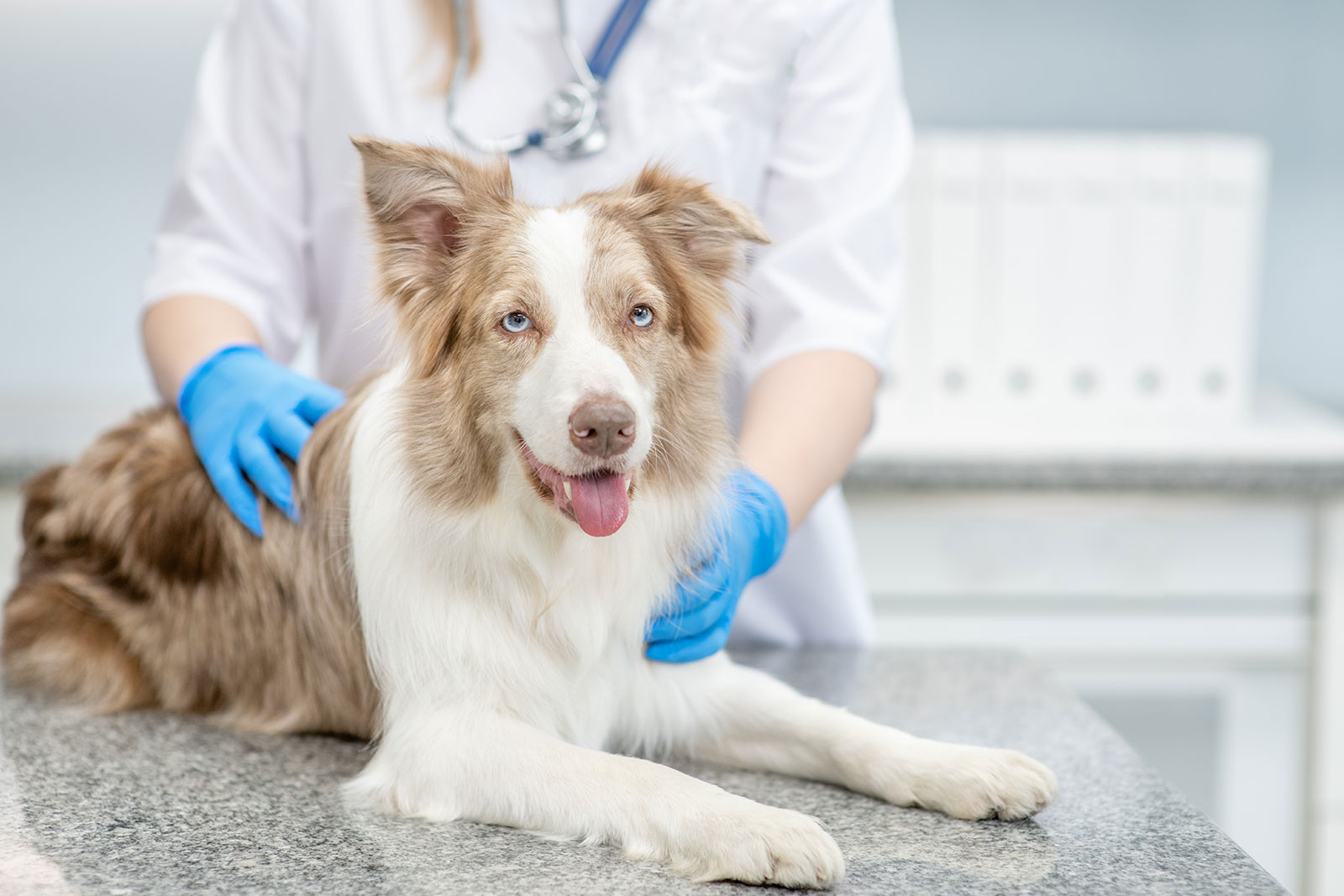Vaccines
The best way to keep your pets happy and healthy is to prevent illness from occurring in the first place. Vaccines are among the safest and most effective preventative treatments available, and, at Akeso Veterinary Clinic, we recommend them as a part of every pet’s wellness and preventative care plan.


Why It's So Important to Vaccinate Your Pets
Vaccines are designed to protect your pets (and your human family members) from some of the most dangerous and contagious zoonotic diseases out there. Without vaccination, pets are susceptible to contracting serious diseases, many of which have no viable treatments available. Unvaccinated pets also put their human family members at risk of pet-to-human transmission of zoonotic diseases.
Vaccination is a highly safe and effective way to protect the pets and people you love in addition to your community from the transmission of serious diseases.
Which Vaccines Does Your Pet Need? Core vs. Non-Core Vaccines
There are a variety of vaccines available for pets, and our veterinarians can help you determine the most appropriate schedule of vaccinations for your pet based on their exposure risk and lifestyle. Vaccines are separated into two categories: core vaccines and non-core vaccines.
Core Vaccines
Core vaccines include those that are either required by law and/or recommended for all pets. Core vaccines include:
- Dogs: rabies, distemper, canine parvovirus, and canine hepatitis
- Cats: rabies, panleukopenia (feline distemper), feline herpesvirus, and feline calcivirus
Non-Core Vaccines
Non-core vaccines include elective vaccines that are recommended for pets based on their individual exposure risk, environment, and lifestyle. For example, we might recommend a non-core vaccination if your pet travels to a location where different diseases are common, if your pet spends a lot of time in areas where wildlife is present, or if your pet needs to stay in a boarding facility.
Non-core vaccines protect pets from diseases such as canine influenza, feline leukemia virus, leptospirosis, and Lyme disease.


When to Vaccinate Your Pet
Puppies and kittens usually start receiving vaccines as soon as they are adopted and weaned from their mothers. Typically, this occurs between six and eight weeks of age. They receive their first sets of vaccinations at this time and a regular schedule of booster shots throughout the first 12 to 16 months.
As adults, dogs and cats receive new vaccinations, as needed for travel or lifestyle changes, and vaccine boosters annually or every three years depending on the type of vaccines administered.
Comprehensive Wellness and Preventative Veterinary Care in Canonsburg
To learn more about vaccinating your pets or to schedule a wellness and preventative care appointment for your dog or cat, we welcome you to contact Akeso Veterinary Clinic today.














